
(Exam Paper) UPSC IAS Mains 2014: General Studies
PAPER – II
Answer the question in NOT MORE THAN 200 words each. Contents of
the answer is more important than its length. All question carry equal marks.
1. Staring from inventing the ‘basic structure’ doctrine, the
judicial activism in achieving the ideals of democracy.
2. Though the federal principal is dominant in our constitution
and that principle is one of its basic features, but it is equally true that
federalism under the Indian Constitution leans in favour of a strong Center, a
feature that militates against the concept of strong federalism. Discuss.
3. The ‘Powers, Privileges and Immunities of Parliament and its
members’ as envisaged in Article 105 of the Constitution leave room for a large
number of un-enumerated privileges’. How can this problem be addressed?
4. What do you understand by the concept “freedom of speech and
expression”? Does it cover hat speech also? Why do the films in India stand on a
slightly different plane
from other forms of expression? Discuss.
5. Instances of President’s delay in commuting death sentences
has come under public debate as denial of justice. Should there be a time limit
specified for the President to accept/reject such petitions ? Analyse. ]
6. The size of the cabinet should be as big as governmental work
justifies and as big as the Prime Minister can manage as a team. How far is the
efficacy of a government then inversely related to the size of the cabinet?
Discuss.
7. Thought 100 percent FDI is already allowed in non-news media
like a trade publication and general entertainment channel, the Government is
mulling over the proposal for increased FDI in new for quite some time. What
difference would an increase in FDI make? Critically evaluate the pros and cons.
8. The setting up of a Rail Tarif Authority to regulate fares
will subject the cash strapped Indian Railways to demand subsidy for obligation
to operate nonprofitable routes and services. Taking into account the experience
in the power sector, discuss if the proposed reform is expected to benefit the
consumers, the Indian Railways or the private container operators.
9. National Human Rights Commission (NIIRC) in India can be
most effective when its tasks are adequately supported by other mechanisms that
ensure the accountability of a government. In light of the above observation
assess the role of NHRC as an effective complement to the judiciary and the
judiciary and other institutions. In promoting and protecting human rights
standards.
10. The penetration of self-help groups (SHGs) in rural areas in
promoting participation in development programmes is facing sociocultural
hurdles. Examine.
11. Do government’s schemes for up-lifting vulnerable and
backward communities by protecting required social resources for them, lead to
their exclusion in establishing businesses in urban economies?
12. An athete participates in Olympics for personal triumph and
nation’s glory; victors are showered with cash incentives by various agencles,
on their return. Discuss the merit of state sponsored talent hunt and its
cultivation as against the rationale of a reward mechanism as encouragement.
13. Should the premier institutes like IITs/ IIMs be allowed to
retain premier status, allowed more academic independence in designing course
and also decide mode/ criteria of selection of students. Discuss in light of the
growing challenges.


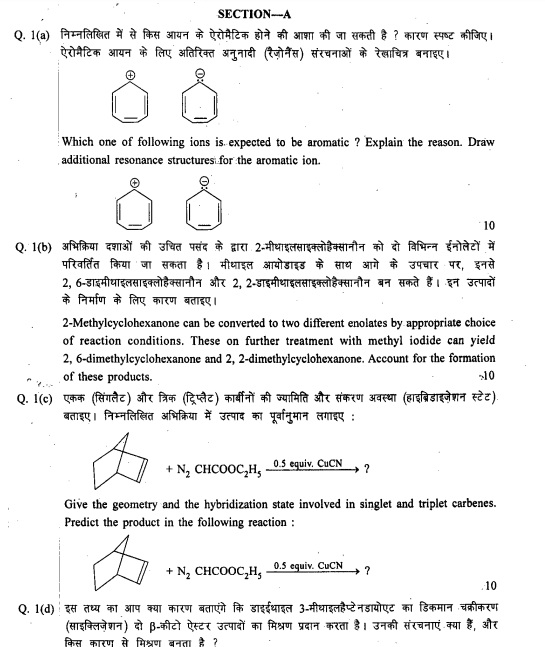

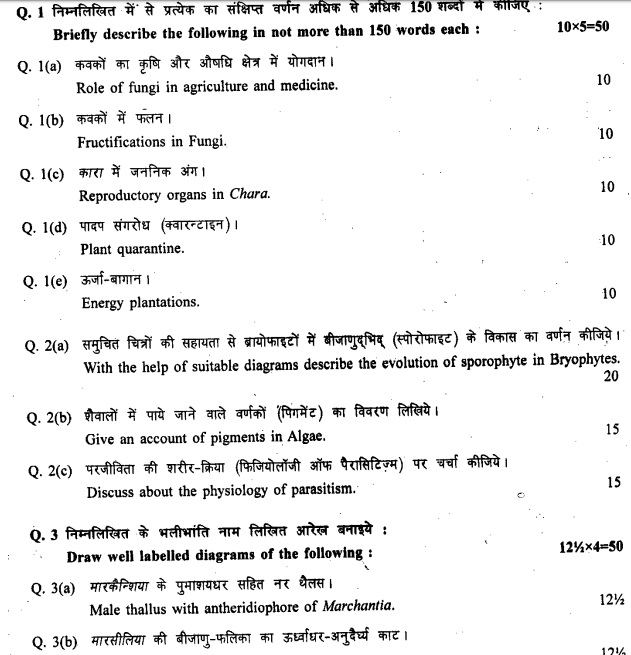
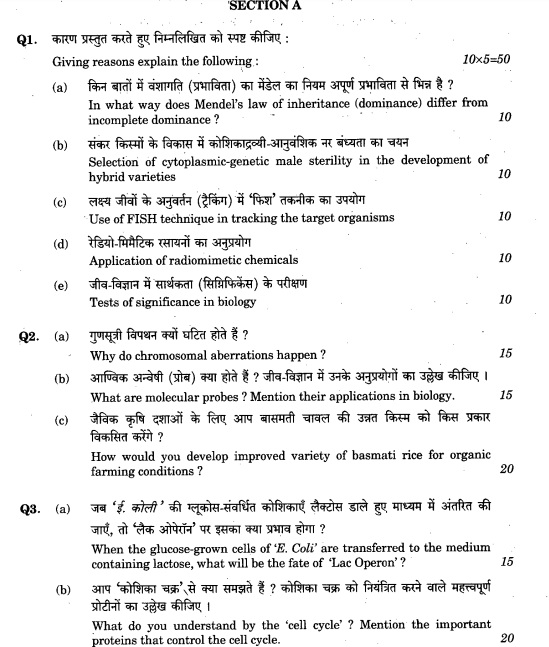
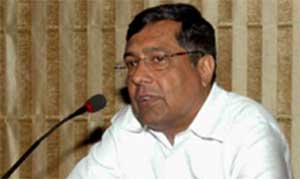

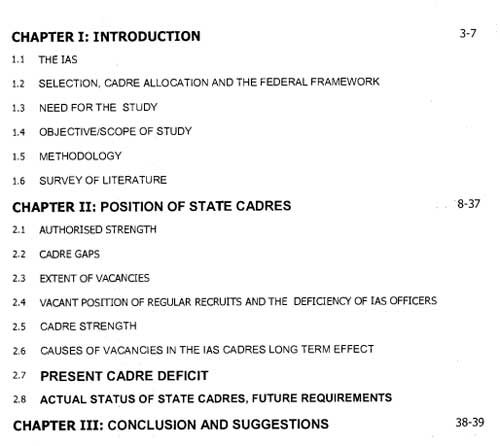
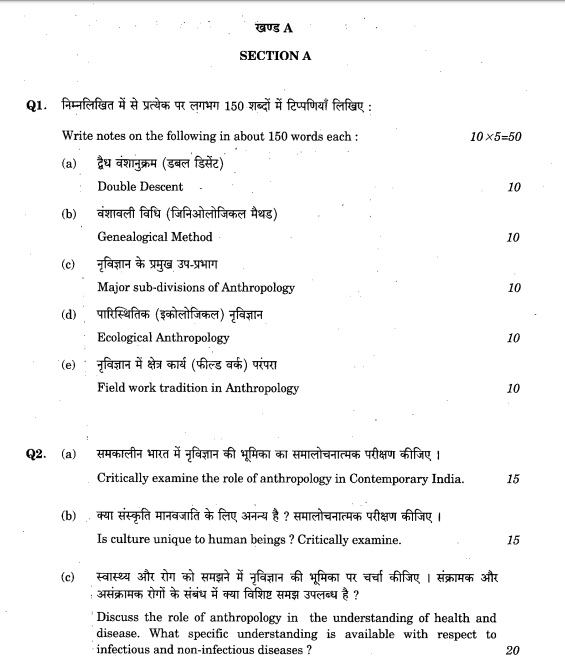

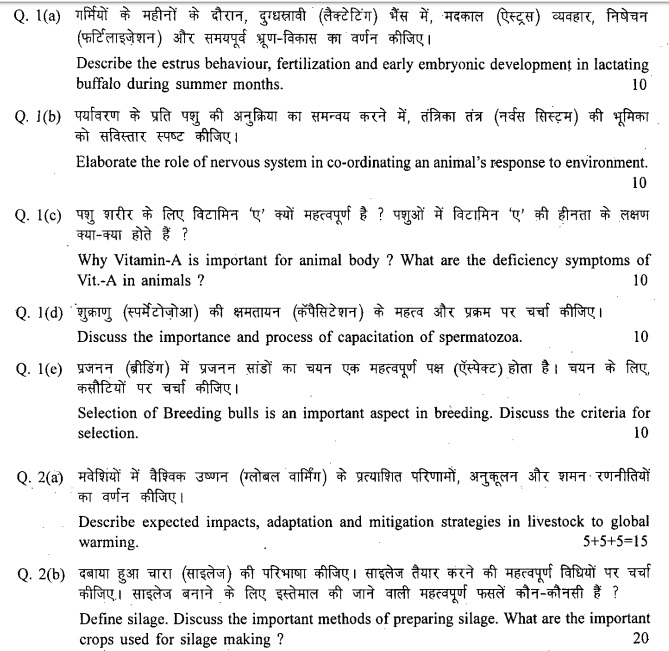

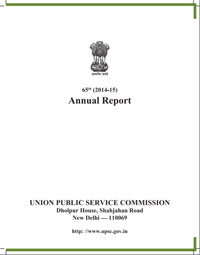
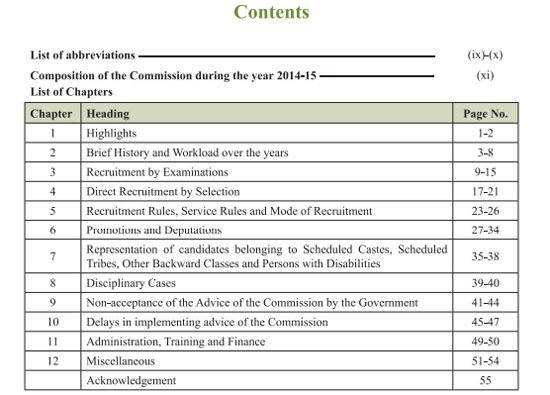
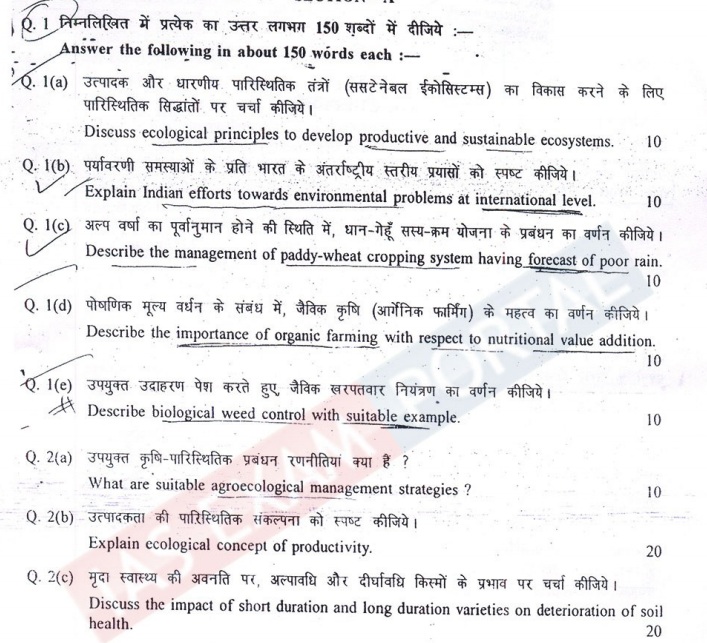
 Transgender
or third gender may soon be introduced as a new category in UPSC application
forms.
Transgender
or third gender may soon be introduced as a new category in UPSC application
forms.
